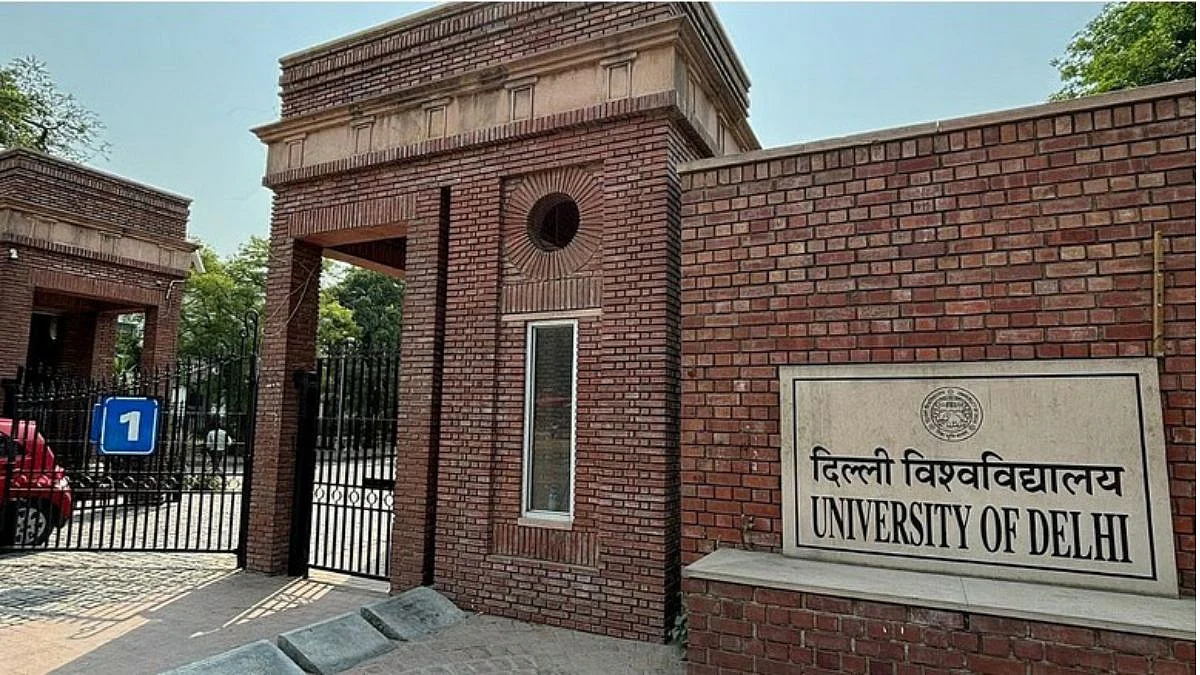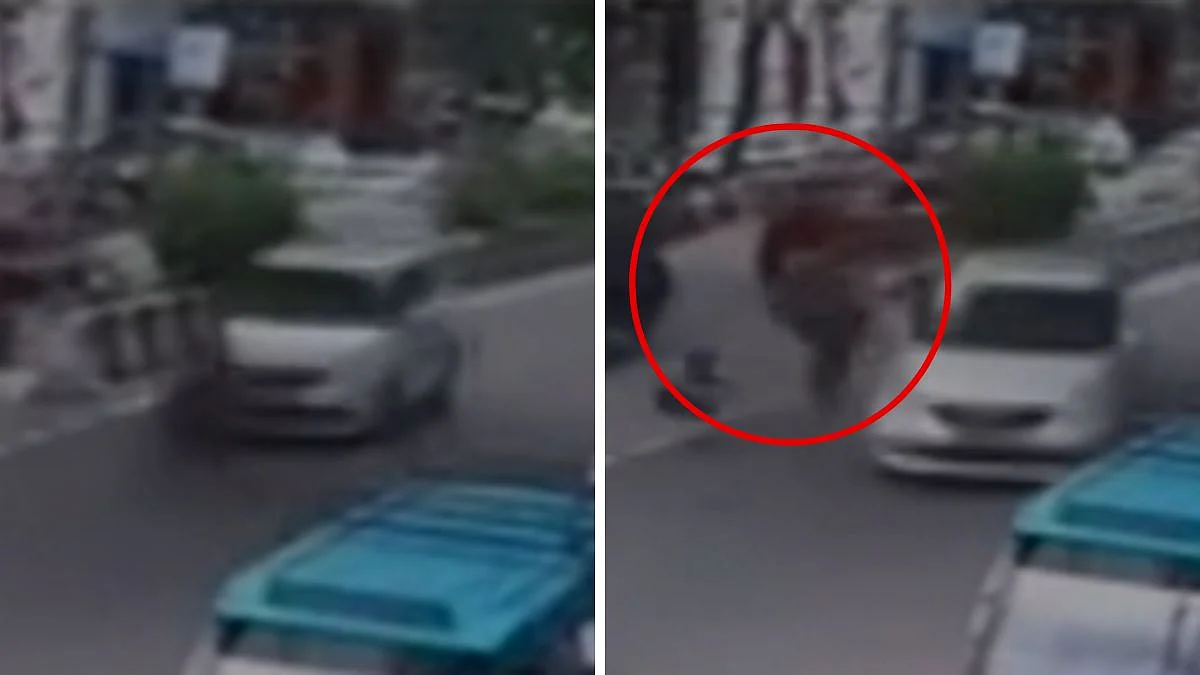Aaditya Thackeray, Shiv Sena (UBT) leader and MLA, demanded that Belgaum should be recognised as a Union Territory. This comes to the light as Worli MLA Aaditya Thackeray refused to be attend assembly gatherings highlighting the purported injustices faced by Marathi-speaking individuals in Belgavi city in Karnataka.
Aaditya Thackeray condemned the central and state governments for not resolving the Belgaum matter. Worli MLA urged the Prime Minister to step in and secure justice for the Marathi community in the area. Rejecting assembly gatherings, stressing the need for a swift resolution of the Belgaum dispute.
In an recent interview, Aaditya Thackeray addressed the years-long ongoing dispute between Maharashtra and Karnataka over injustice faced by Marathi-speaking individuals of Belgaum in Karnataka and criticised lack of action by the centre government, requesting prime minister to take close action against injustice. He also demanded Belgaum to be declared as Union Territory in the interview given to ANI.
Previously, Shiv Sena (UBT) had asked the Karnataka government to allow the Maharashtra Ekikaran Samiti (MES) of Belgaum to hold a public gathering and permit leaders from Maharashtra to participate. For three straight years, the Karnataka government has denied MES the opportunity to conduct its convention in Belagavi, citing concerns over law and order, despite appeals to let Maharashtra leaders attend MES event. Shiv Sena (UBT) leaders have also accused Karnataka of increasing police presence at border posts, airports, and train stations to prevent their entry.
The MES, an organization for the Marathi-speaking population from the border areas of Karnataka, hosts a public event to promote their enduring request during the winter assembly session at the Vidhan Soudha in Belagavi — the secondary capital of the neighboring state.
Maharashtra-Karnataka Dispute Over Belgaum
The Belagavi, official name for Belgaum, border dispute between Karnataka and Maharashtra centers on historical demographic changes and linguistic identities. The Mahajan Commission placed to resolve the issue came up with recommendations in 1966 that failed to resolve the longstanding conflict over governance and territorial claims.











